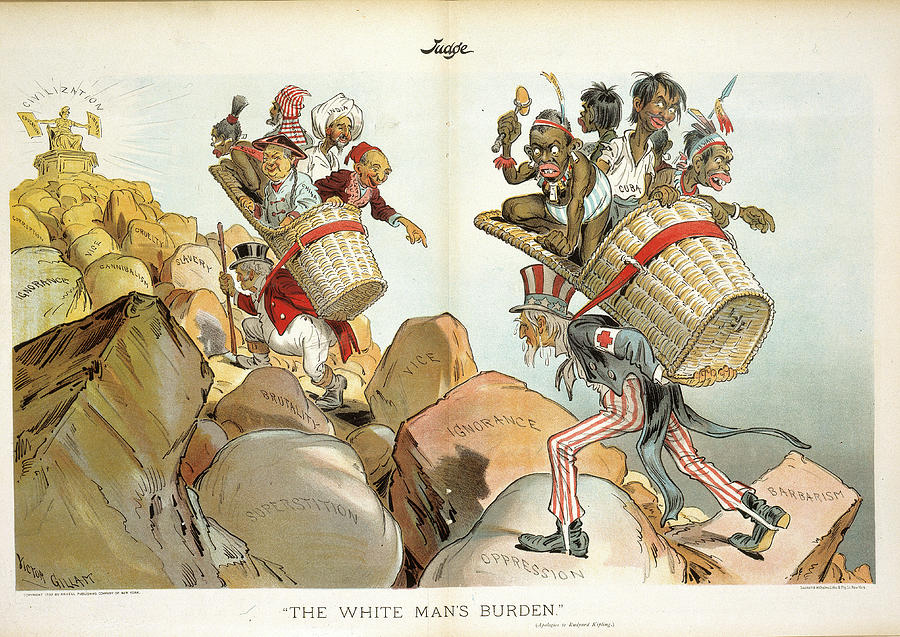
Sometimes, you watch one of those (rather) bad but still very interesting SF movies. White Man’s Burden (1995), an upside down where the blacks are rich and the whites poor. While very sloppily done, with bad acting and even worse writing and world-building, it still highlighted an essential function of alternate history, Namely, satire.
By Emad Aysha
This, in turn, brought back my participation in the Balticon 58 panel “Alternate History Worldbuilding” (27 May 2024), where I mentioned The Sound of His Horn (1952) by Sarban, actually a foreign policy official in England named John William Wall.
The inept hero is Alan Querdilion, a former POW living in his plush domain in the countryside, still not eager to get married all these years after the War. He finally breaks down and tells his friend why, his experiences in an alternate reality where the Allies lost the ‘War for German Rights’ 100 years hence.
The introduction by Kingsley Amis says the novel is unique because it sets its dystopia in the countryside instead of the usual target for criticism, the city. It ‘could’ be that the author was lampooning English country life by bringing it to its logical conclusion—hunting people and not just animals—while tracing this obsession's origins.
Sarban’s hero is pensive about foxhunts and marriage after living in a Germany that has reverted to its Teutonic origins in its alternate world of total domination. As technologically advanced as the place is, with synthetics on display, it now has a feudal order serviced by Slavic enslaved people (with their tongues removed and growth rates accelerated) along with regular hunts of human prey.
Satire is sociological, mind you, with alt-history allowing for historical exploration and reflection over the past as much as the future. A future to your liking can bring out the worst in you and revive the ugly past you have been trying so hard to put behind you. That includes ‘roasting’ the prey and beautiful women dressed as birds.
Worse still, the people doing the hunting include animalised people, boys dressed up as baboons and sleek, hungry women dressed up as leopards with razor-sharp metal claws. The madman who presides over this insanity is Count Hans von Hackelnberg, someone who is explicitly described as belonging to the past of the ancient German forest at the time of the aurochs.
By contrast, the Nazis during the War were quite tame, as their brutality involved getting others to do their dirty work for them, having grown up in the soft city life. No wonder the Count’s hunting party often wears retro-medieval gear along with some old-fashioned weapons like crossbows.
These new guys are historically conscious of how barbaric they are and downright proud of it. The German-occupied Europe portrayed is also frighteningly plausible, with a continent run like a giant monastery that teaches total obedience to quasi-religious doctrine.

CLOSE BUT NO CIGAR: John Travolta is the inept hero in the aforementioned movie, someone who is too good to be bad and too bad to be good!
This time around, the woman they’re chasing is from an underground resistance group in England. She made the mistake of disagreeing with the set texts a little too much on the model of sectarian deviations in the European religious past.
What a brilliant way to dredge up past sins through the instrument of alt-history, of how the ugly parts of your psyche store up all those horrid experiences from your people’s history. This is like the reign of the robber barons in the European Middle Ages, warlords who made themselves into de facto noblemen.
In the early days of feudalism, the only way to climb the social ladder was through brute force at tournaments before knighthood was hereditary. There’s a thin line between a knight and a mercenary or bandit and an even thinner line between a sea captain and a pirate.
Arabic history is littered with ruling dynasties that started out as highwaymen harassing caravans, forcing local merchant elites to ‘incorporate’ these raiders into the system. The state, half the time in history, is a protection racket. The same goes for European history.
The English, after failing to repel the Vikings during King Ethelred's reign, eventually co-opted them into the country's kingship in exchange for peace. Before the Crusades, Frankish knights worked as mercenaries for the Byzantines, and some went into business for themselves and created their own little mini-kingdoms in Anatolia.
Such embarrassing historical episodes tend to get forgotten, with science fiction helping dust off these memories and build an entire world around them. Alt-history does this, but so does post-apoc SF. Hence, Dr Dementus using blackmail manoeuvres against Immorten Joe, with freelancer functionaries like Furiosa and Praetorian Jack caught in the middle—not unlike Conan the Barbarian.
The same goes for Space Opera, with the Jedi resembling the Samurai as keepers of the peace or the Baron Harkonnen resembling the equally bloated if muscular Count von Hackelnberg.
Sadly, alt-history is still not well known here, Yaqteenya being a notable exception. But we do have our breed of Steampunk, which posits a future world imagining if the pre-computer industrial past continued. Malaz by Ahmed Salah Al-Mahdi is my preferred example. It is a more orderly world than what you get in Mad Max, with more histories to draw on and revive.
The Malmluks, the ancient Egyptians and the world of nuclear power. Europeans fought to a standstill in their history because of equal access to water, soil and steel. Not so the Arabs, but they still had more water than poor George Miller, and so our future visions are not as democratic but also less bleak.
I don’t know whether to laugh or cry, another function of satire. But it’s still better than being on the hunting menu of Saban’s Euro Nightmare.






